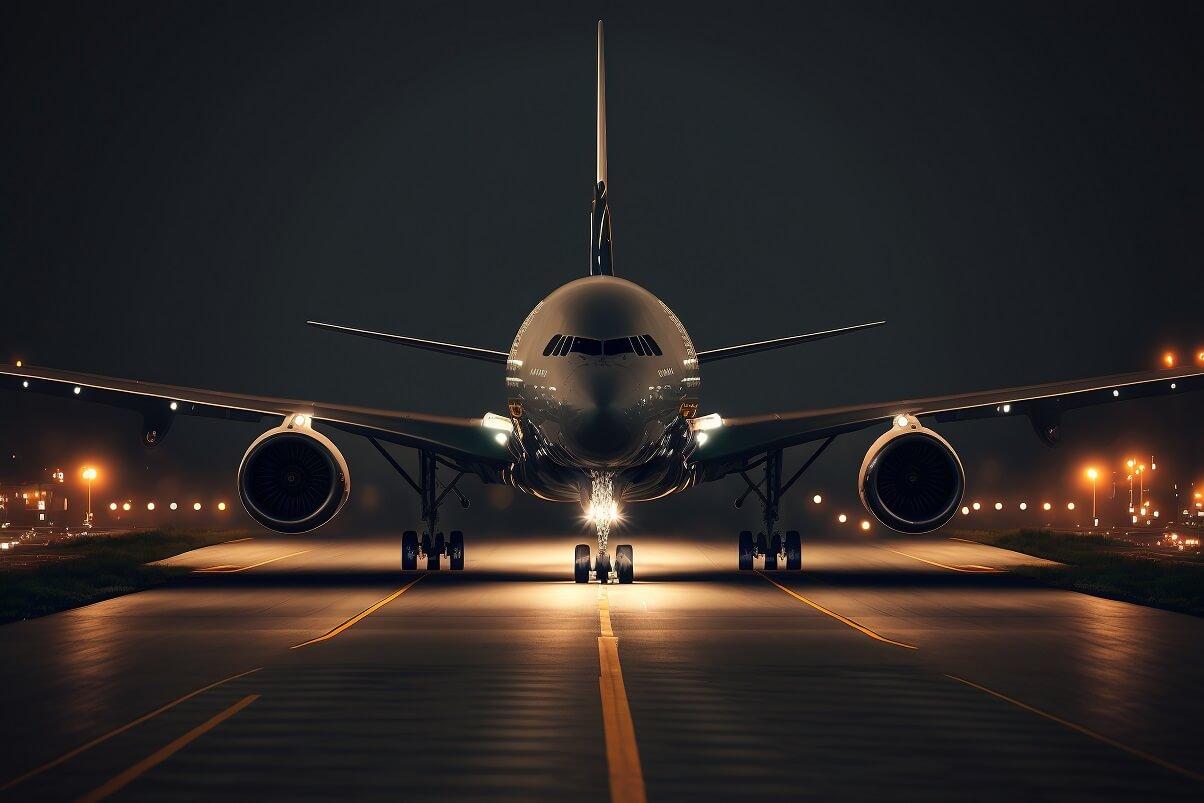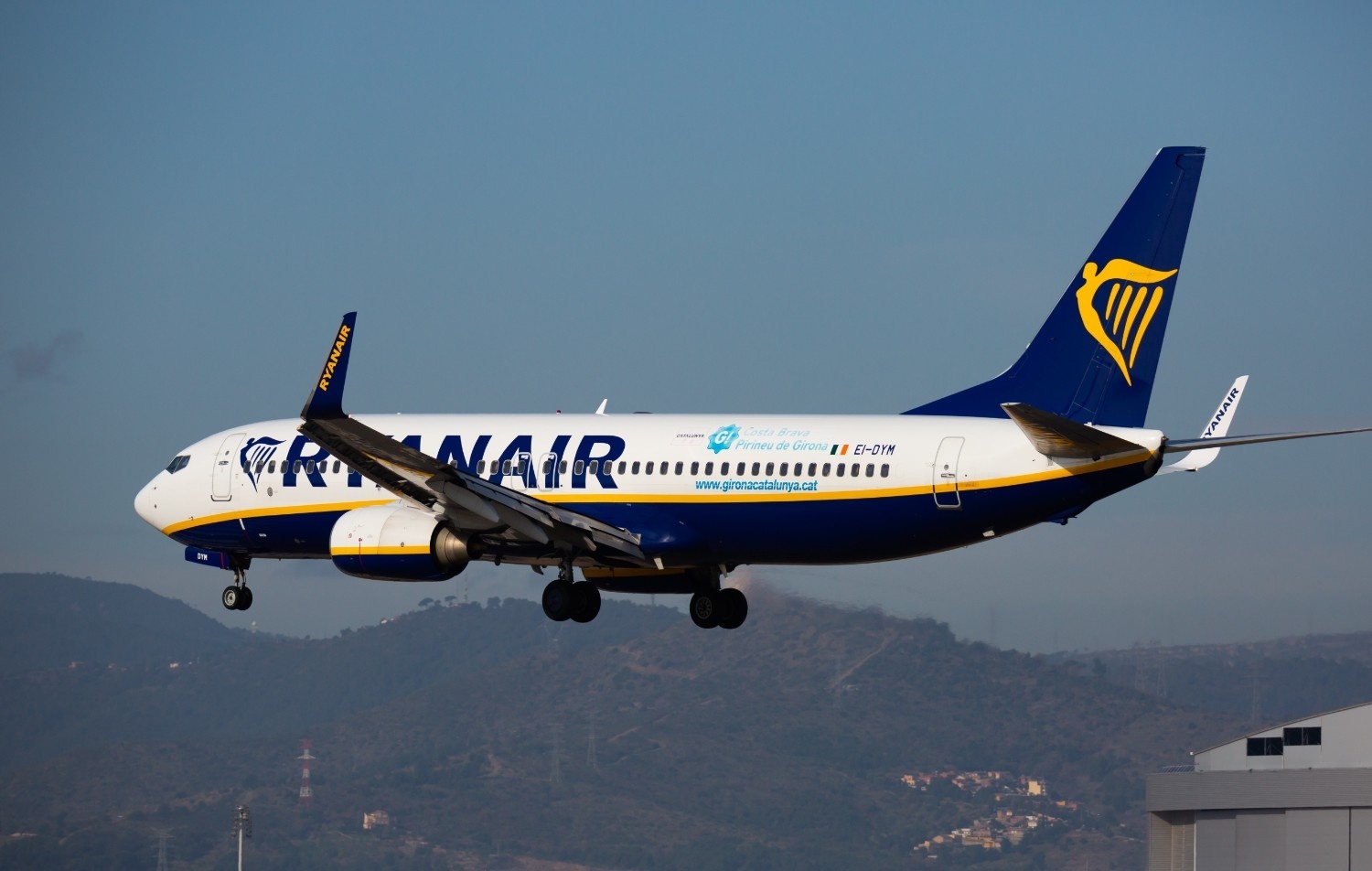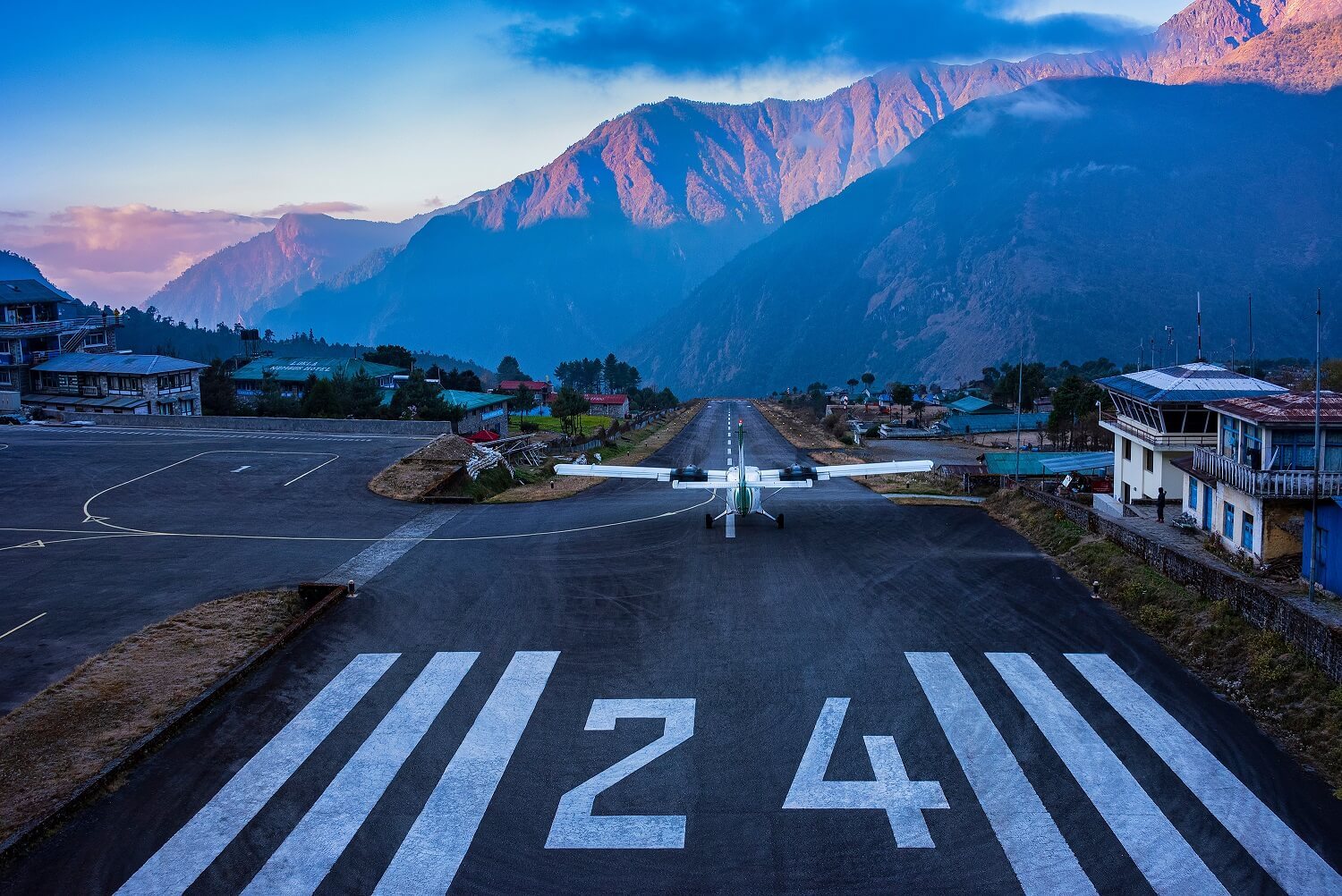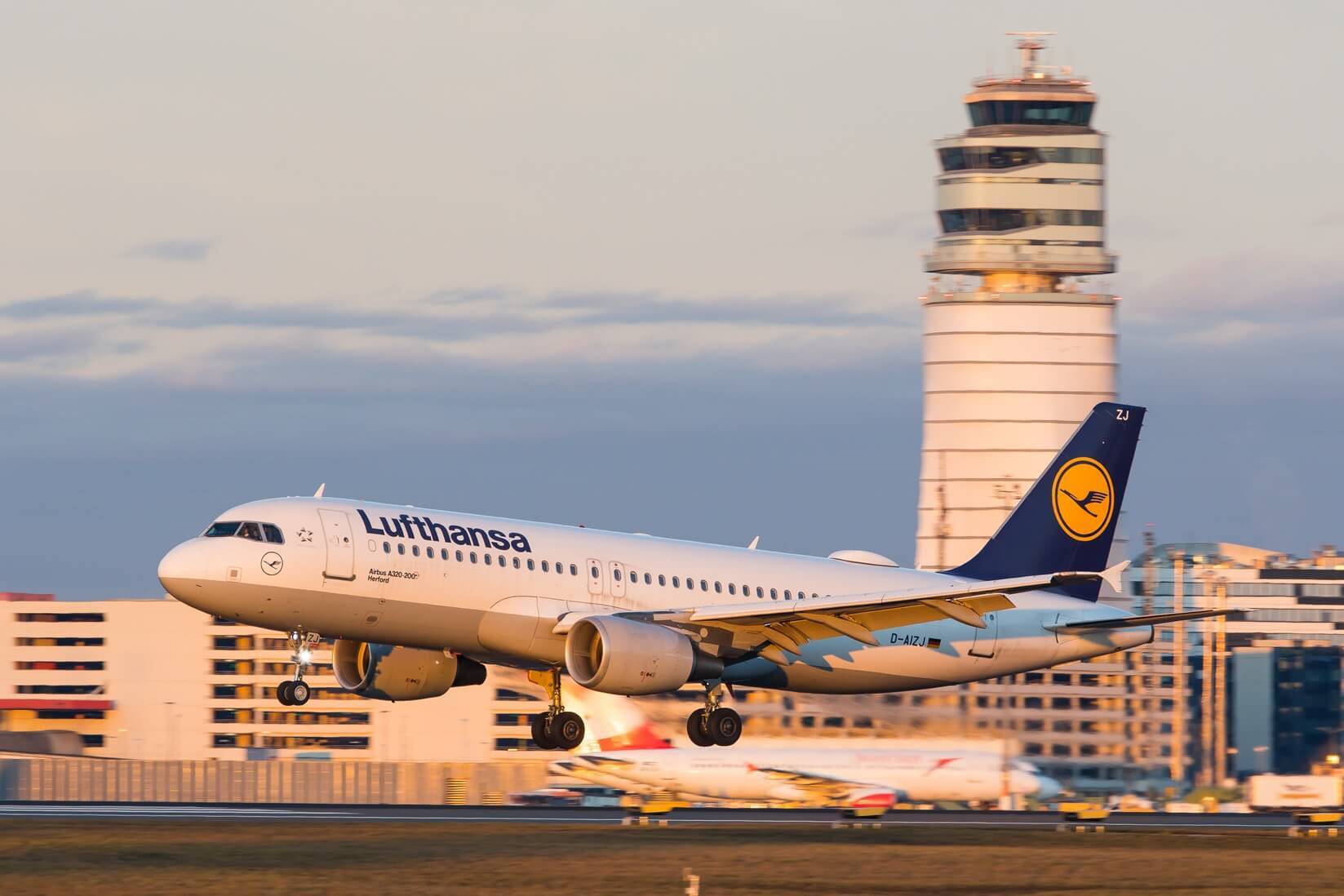Why do lights go out in an airplane during takeoff and landing?

If you've ever flown in an airplane, you've surely noticed that during takeoff and landing, the lights in the plane turn off. But why is that? First of all, you have to understand that airplanes are complex machines that are controlled by a variety of systems. During takeoff and landing, these systems are especially important because pilots need precise control over the aircraft to ensure that it takes off or lands safely.
Visibility when flying
An important aspect of safety during takeoff and landing is visibility. Both pilots and controllers on the ground need to be able to see the aircraft clearly to ensure it is on the correct path and that there are no obstructions on the runway. Blanking out light sources on the aircraft can help improve visibility for pilots and controllers.
Passenger safety
Another important reason for turning off lights is passenger safety. During takeoff and landing, the risk of turbulence and other disturbances is higher than during flight at cruising altitude. If the aircraft experiences a sudden jolt, loose objects can move through the aircraft and cause injury. By turning off the lights, passengers are encouraged to focus their attention on safety instructions and the environment, rather than their personal belongings.
There are also some practical reasons for turning off the lights. For one, it saves energy, since more power is needed during takeoff and landing. For another, it helps acclimate passengers' eyes to the dark, which can be beneficial in the event of an emergency landing.
So overall, turning off the lights during takeoff and landing is a necessary measure to improve visibility and safety for pilots, ATC controllers and passengers. It is an important part of the safety protocols that help ensure air travel is as safe as possible.
Latest posts
Ryanair goes paperless – What this means for your next flight
Ryanair ends paper boarding passes on Nov 12, 2025. Travelers must use the myRyanair app for check-in and boarding.
Flight delays and cancellations in August 2025
Check which flights were delayed in August 2025 – you may still be entitled to claim up to 600 € in compensation.
Flight delays and cancellations in July 2025
Check which flights were delayed in July 2025 – you may still be entitled to claim up to 600 € in compensation.












